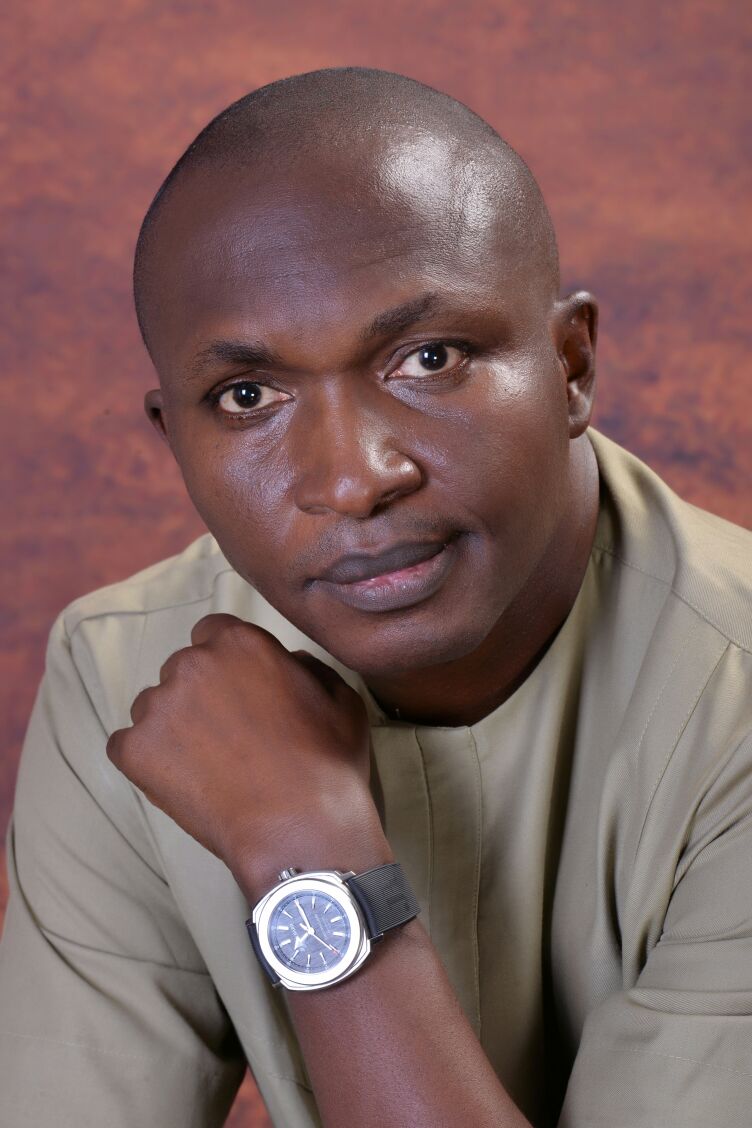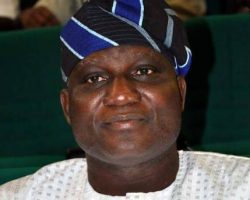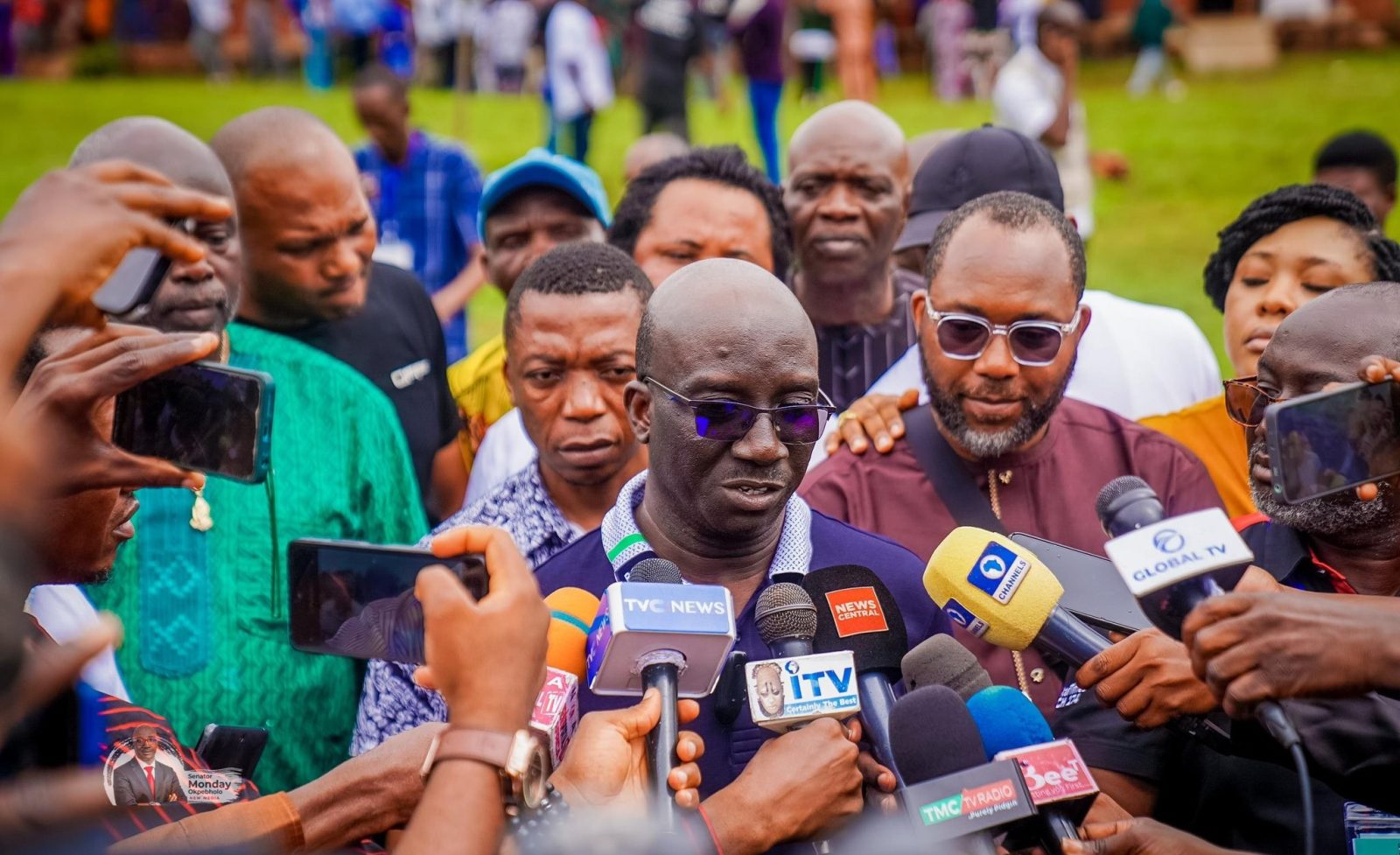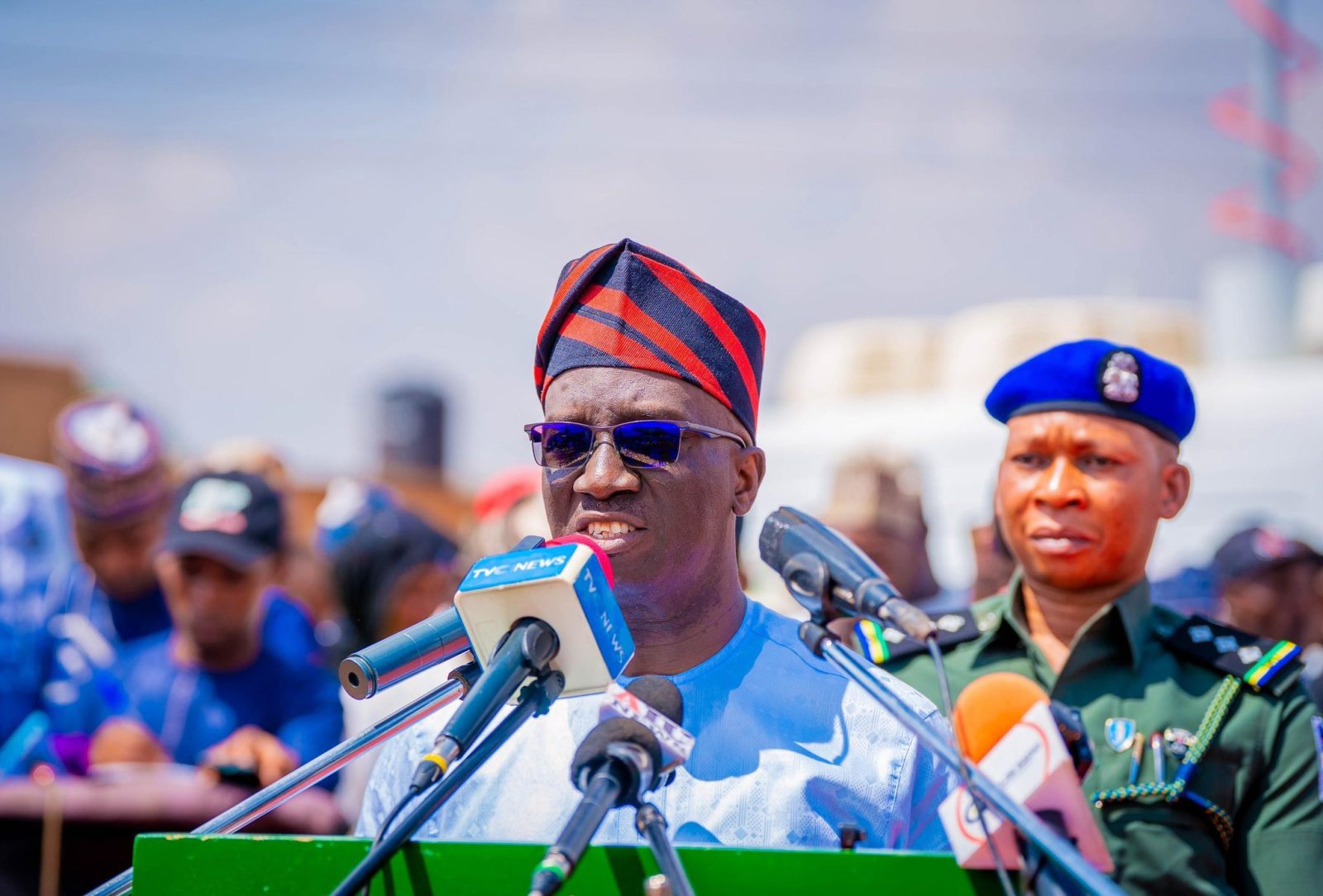By Sufuyan Ojeifo
When, on Tuesday (June 5, 2018), the Senate and the House of Representatives curiously convened their first-ever joint executive session since the advent, in 1999, of the national assembly to discuss the security situation in the country, it was not difficult to surmise that the session was motivated by the irritating face-off between the institution and some agents of the executive arm of government.
The leadership of the national assembly had, in the circumstance of the harassment by agents of the executive arm, resolved to deploy the powers of the institution in self preservation. The subsisting existential threat is the casus belli of the survival battle that the federal legislature is doing. The single-mindedness by the leadership to resist perceived executive intimidation by proxy is evident.
Legislators have been fretful that the presidency could use its agencies and the organ of the All Progressives Congress (APC), for those who are members of the ruling party, to determine their political fate ahead of next year’s general election. Some leaders of the legislature have been ill at ease in the circumstance. They have now resurrected the platform of the new Peoples Democratic Party (nPDP) to force some concessions.
The resort to politics of survival through blackmail and threat of pullout from the APC has been reinforced by the resolutions of the joint executive session. But President Muhammadu Buhari does not look panic-stricken. Instead, he appears to be incensed by the ass called impeachment. It is the odious card the parliament has subtly threatened to use. Buhari’s incense must have been informed by the tenuous basis of the legislature’s move to indict him.
Clearly, the resolutions did not arise as a result of the president’s direct culpability. The Inspector General of Police (IGP), Mr. Ibrahim Idris, was the central focus of the executive session, which provided a common platform to the legislature, whose constitutional authority he has mindlessly challenged and derided in recent times, to speak to his perceived incompetence in ensuring security of lives and property of Nigerians.
Expectedly, the IGP could not escape essential indictment and legislative censure. The legislature simply reaffirmed its earlier resolution of vote of no confidence in the IGP who, according to the arm of government, “does nothing other than preside over the killings of innocent Nigerians and consistent framing up of perceived political opponents of the president and outright disregard for constitutional authority, both executive and legislative.”
The off-putting verdict was motivated by the consensus among the legislators that the police and other security agencies have been involved in systematic harassment and intimidation of perceived political opponents, including legislators and officials of the judiciary, a development they insisted must stop. They precluded a possible lacuna that principal-agent relationship in the discharge of constitutional or official responsibilities could throw up.
Indeed, what could have been a mischief in the construction and articulation of the resolutions was cured when the legislature resolved that the “president must be held accountable for the actions of his appointees and must be ready to sanction those that carry out any act which will ridicule or endanger our country and democracy.” That was ingeniously tying the hands of the president and forcing him to assume, in line with case laws, vicarious liability for the actions or inactions of his agents, once it was confirmed that such actions or inactions were done on his behalf as a disclosed principal.
The issue of disrespect for the national assembly by agents of the executive was one of the thematic essences of the joint executive session. The IGP has become more notoriously culpable of this than anyone else in the executive, treating invitations by the parliament with disdain. However, in the critical analysis of the entire saga, there is the imperativeness to consider the devil in the detail of the parliament’s last resolution, to wit: “Finally, the national assembly will not hesitate to invoke its constitutional powers if nothing is done to address the above resolutions passed today (June 5, 2018).”
This has now turned out to be the gravamen by the presidency and even legislators against the national assembly and its leadership. One does not need a careful deconstruction of this particular resolution to come to terms with the fact that the national assembly has simply threatened to activate Section 143 of the Nigerian constitution. Was the subtle threat necessary when one could easily read between the lines to understand the ramifications of the legislature’s resolutions?
My take is that the last resolution was a strategic blunder. It has now sparked animosity in the parliament itself. Nigerians have been constrained to believe that there is something stewing in the legislature’s kitchen. I am inclined to believe that the presidency would have dispassionately looked at the resolutions with a view to taking necessary actions. It is possible now that ego has crept in and the presidency is more likely disposed to discountenance the entire resolutions to spite the leadership of the parliament.
Besides, it is a fact that resolutions by the national assembly are advisory and not binding. Even though they do not have the force of law, the resolution on possible invocation of parliament’s constitutional powers (as provided in Section 143 of the Constitution) would appear to have only aggravated the already frosty executive-legislature relationship. Two members of the House of Representatives, Abdulmumin Jibrin and Muhammad Kazaure had immediately dissociated themselves from the resolution on impeachment.
Remarkably, Jibrin alleged that the exercise was choreographed by the senate president, Bukola Saraki, to prosecute his personal fights. He even went as far as disclosing that the resolutions were drafted and crafted by the chairman of the committee on judiciary, Hon. Razaq Atunwa, who, incidentally, is Saraki’s loyalist from Kwara state. I heard Atunwa say on Channels Television that the national assembly had not threatened to impeach Buhari.
Atunwa had tried his best to deflect the flaks and insulate the legislative body from the avalanche of reactions that its resolution on impeachment had precipitated. His explanation, however, did not precisely acquit the legislature of that charge. It is somewhat instructive that impeachment has become an ass, a term that is offensive in the contemplation of fatal politicking over the president’s seat in Nigeria. A similar move against former President Olusegun Obasanjo in 2002 had fallen through, thus suggesting that impeaching a sitting president is a very difficult enterprise.
When chairman of the senate committee on public accounts, Matthew Urhoghide, recently broached the idea of an impeachment motion against the president, it had precipitated ballyhoo in the polity. Urhoghide was even harassed at the Benin airport by suspected APC political thugs allegedly sponsored by the Edo state government. If his position and the controversial resolution of the joint executive session on possible impeachment had generated that amount of tension, what would happen if the motion per se, formally leveling charges against the president, is introduced in the order paper and moved on the floor? Armageddon will berth in the chambers of the two houses.
Undoubtedly, the issue is characteristically emotive. It will certainly be influenced by party lines, religious and tribal considerations. Money will play a role. External forces will wade in. There will be calls for restraint. Political solution and reconciliation will be canvassed. Compromises will be tabled and the leaderships of both chambers would be willing to hug them, cognizant that they do not have two-thirds majority to remove the president. Indeed, this national assembly cannot bite the bullet. Apart from the fact that it cannot muster the number to push through the impeachment agendum, the process is laden with tensions of goals and objectives that will always be resolved in favour of the president, given the nature of our presidential system.
-
Ojeifo, an Abuja-based journalist, writes via ojwonderngr@yahoo.com





















Leave a comment